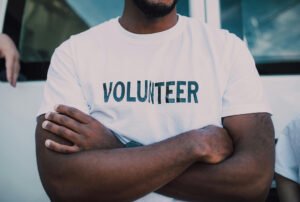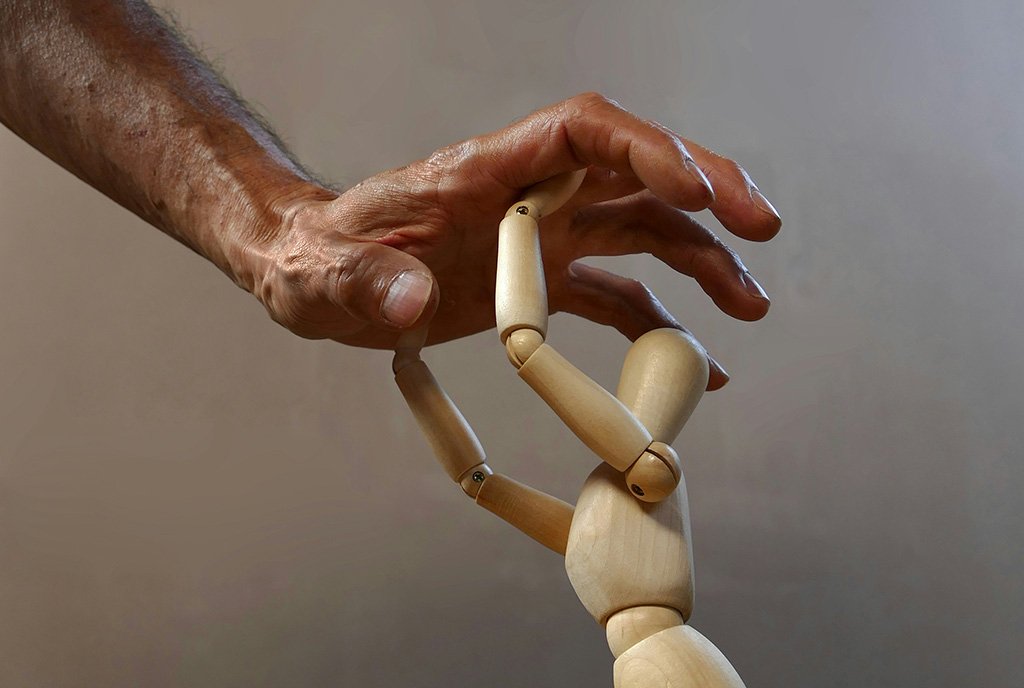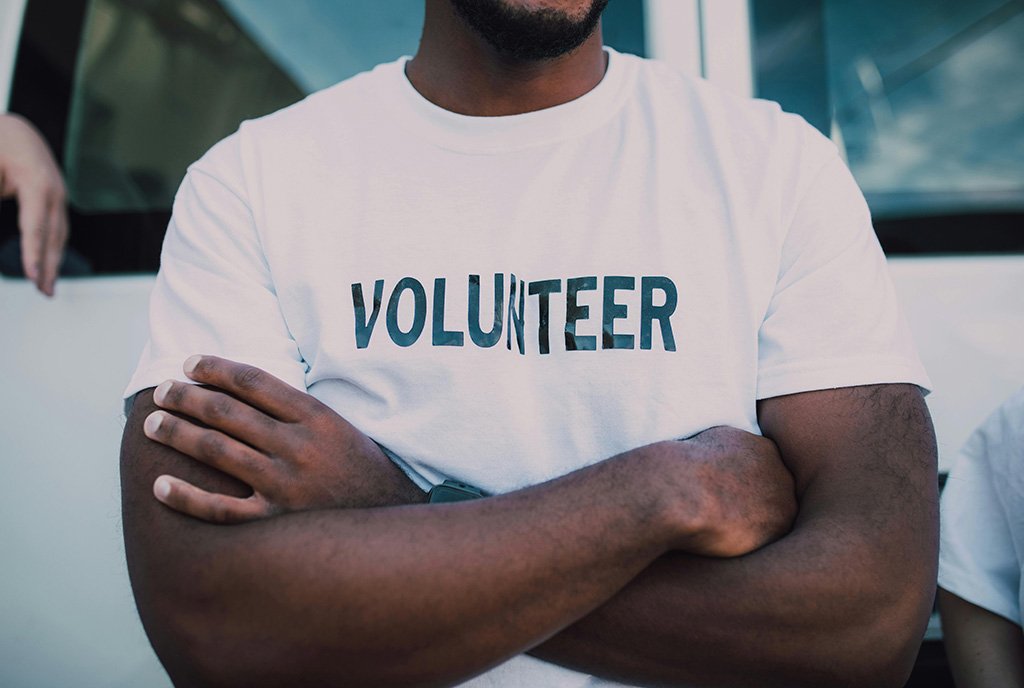
We have lived through centuries with business as the default institutional form, but could we conceivably move into an era where the nonprofit, rather than the for-profit, is the norm? What would that look like? What would it change?
In Winston-Salem, North Carolina, a 12-year-old nonprofit literary arts organization called Bookmarks is planning to open an independent bookstore if it can raise the $400,000 needed.
“An independent bookstore will provide a cultural gathering place and fill a major gap in Winston-Salem’s literary scene,” says board chair and bestselling novelist Charlie Lovett. It’s meant to draw more authors to Winston-Salem and thus add to the cultural scene. As readers know, many independent bookstores have been driven out of business, first by large chains and then by online booksellers. But that creates a bit of a void for those communities that wish to encourage a rich network of small cultural institutions.
Meanwhile, in Idaho and South Carolina, nonprofit law firms have recently been formed, to provide legal services at sliding fees.
“We offer legal services at significantly reduced rates so that even modest means earners, which is most of Idaho, have access to quality legal counsel,” says Virginia Robinson about the Attorneys Northwest effort in Idaho. “There are tens of thousands of Idahoans who have to go it alone in court or navigate a legal challenge without representation, at the mercy of a more affluent adversary.”
Sign up for our free newsletters
Subscribe to NPQ's newsletters to have our top stories delivered directly to your inbox.
By signing up, you agree to our privacy policy and terms of use, and to receive messages from NPQ and our partners.
According to a 2013 study, more than 775,000 Idahoans who face civil legal difficulties do not have the resources to seek the help of an attorney.
Sally Newman in Charleston has been a community organizer, assisted environmental justice organizations, and clerked for federal judges. Her latest effort is Charleston Legal Access, the first nonprofit, sliding-scale law firm in the Charleston area.
“When I was a kid, my dad couldn’t afford a lawyer when he was working through some custody issues. I stayed in a dangerous situation when I was a kid for about three years, while he scraped together the money to get a lawyer to be able to actually get a custody hearing and get custody of me,” says Newman, who grew up off the grid in rural Montana. “I experienced this issue when I was four years old, but it just kept arising, and I really kept seeing it throughout the years. There were a few cases in particular when I was working at the court where it was sort of like my hobby to pick up cases out of the dust bin and say, ‘Let’s take a closer look at this.’”
Newman is, to date, the firm’s only full-time staff attorney. With a four-person board and five volunteers assisting with answering phone calls and paralegal tasks, CLA is working with $20,000 in startup funds that mostly came from other attorneys.
“The legal community here has been so supportive. I think in the same way everyone has had the experience of kind of getting pushed around and not really being able to get legal counsel, every lawyer has had these calls. That’s why I’m getting lots of referrals from other attorneys,” says Newman. “There’s been a lot of support for this project and a lot of excitement from the legal community, which has just been a huge, huge help. It would have taken me twice as long and I would have been half as effective without all the help and support I’ve gotten.”
The emergence of these three entities as nonprofits rather than for-profits indicates that some believe that the extremity of the wealth gap merits a reaction in support of more commonly-held and accessible treasure.—Ruth McCambridge











